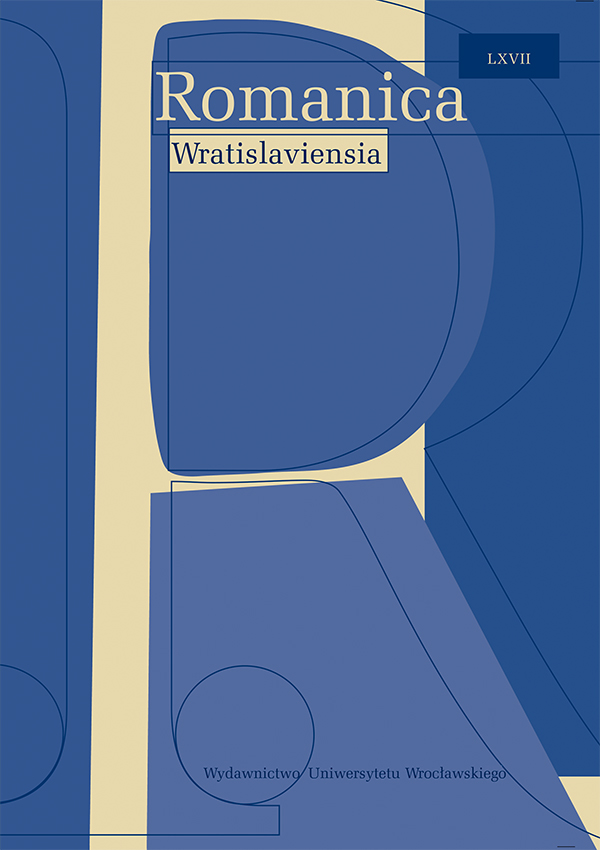

Articles

La querelle du Cid and la bataille d’Hernani show how much French theatre was dependent on Spain: the Spanish comedia used to be criticised for its irregularity by the classics (Voltaire) and praised for liberality by the romantics (Hugo). The article presents three moments in the history of Spanish theatre and its political involvement. (1) Idea de la comedia de Castilla by José Pellicer de Ossau y Tovar, who defined twenty rules of Spanish comedia in 1635, is analysed in the context of the theatre activity at the very moment when the king of France decided to declare war on the king of Spain. (2) La comedia nueva o el café by Leandro Fernández de Moratín, a metatheatrical master-piece, is presented as a confrontation of the Enlightenment with traditional Spanish theatre. (3) Aben Humeya by Francisco Martínez de la Rosa, a Spanish liberal exiled in Paris, and its French premiere in July of 1830 shows the implication of politics and theatre in both France and Spain.